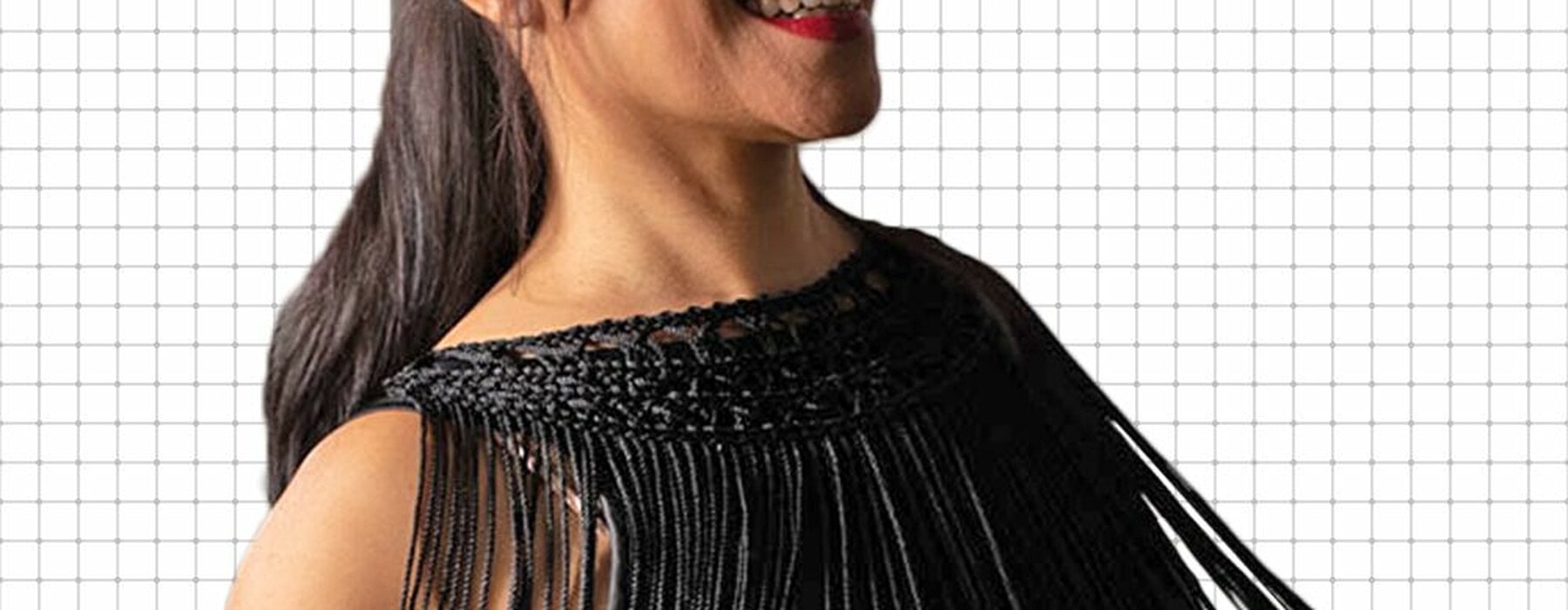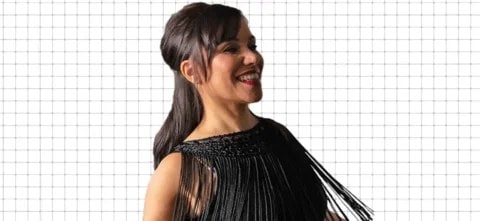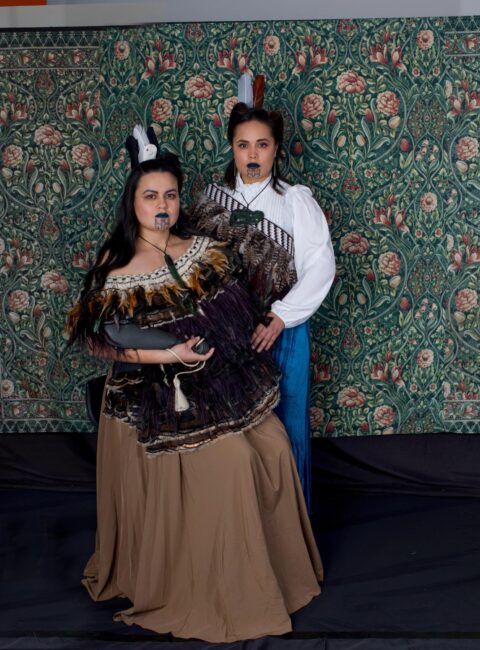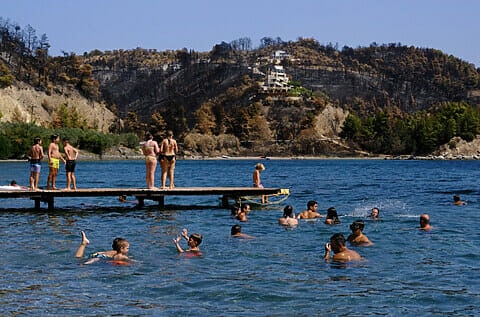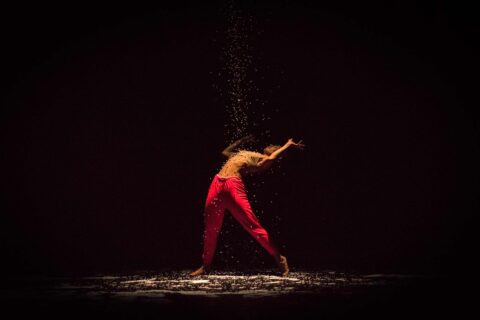An age-old proverb presents an opportunity to reclaim te reo, tells Stacey. She explains why a speaking Maori for the generations who couldn’t is so healing.
Hei te wā tītoki – at some time in the future, when the tītoki tree flowers.
This whakataukī (proverb) is just one of so many that show the deep understanding our tūpuna (ancestors) had of the environment, of nature, and what they could teach us. They observed that the tītoki tree doesn’t flower and bear fruit predictably, but when it does, it does.
Whakataukī are usable in so many settings and have many different interpretations. This saying could refer to an indefinite postponement, putting things off for another time, which seems relevant as we move between Covid alert levels and events move too! We can also say, “Hei te wā tītoki,” meaning, “See you at some point in the future/when the tītoki tree blooms” – a poetic way of admitting we don’t know when that might be.
This whakataukī also reminds me that we can’t schedule everything in this world. Sometimes we need to wait for the fullness of time. I think it also resonates for people who plan to learn te reo Māori, hei te wā tītoki. We know we’d like to learn, we feel an urge, a calling to, but because of our busy lives, the many things competing for our attention, it can feel like our learning is in a state of continual postponement.
This year I have a number of friends who have decided this is their wā tītoki and they’ve taken action to sign up to classes to learn te reo Māori. Just getting to the point of starting to learn is huge for many of us. It’s hard to feel like a baby again, trying to piece sentences together; it can feel awkward and vulnerable. Layer on top of that a feeling that, as Māori, this is a language we should “just know” but missed out on – something that should have been our language by birthright – and it’s easy to get frustrated.
The reason we don’t “just know” is that te reo Māori was publicly minimised, removed and even banned from our schooling at points in New Zealand history. Only now, generations later, are we more able to speak of how our grandparents were beaten at school, if they spoke Māori.
Recently, in an interview with Moana Maniapoto, Jemaine Clement broke down at the thought that his Nanny Maikara was hit at school as a little girl if she spoke her native tongue.
Moana’s daughter and mine are besties and she messaged me about the interview: “Can you imagine, if one of the teachers hit Maiana [my eight-year-old] like that?” – all for speaking the language that is spoken in her family home.
We now know this created intergenerational language trauma.
Nannies like Jemaine’s didn’t speak to their children or mokopuna in Māori because of those experiences, and in that way, the war to beat te reo Māori out of them was won. We now know this created intergenerational language trauma.
That’s the term Professor Rawinia Higgins, head of the Māori Language Commission, taught me, and although I was 20 years into my learning when she told me that term, I had experienced it all that time. Words that wouldn’t come out of my mouth, fear and whakamā (embarrassment) that knotted my stomach. But intergenerational healing is possible too, from parents to tamariki, but also mokopuna, who heal their grandparents’ hearts as they embrace the native language of our whenua.
When we speak Māori we also speak for those who couldn’t, who weren’t allowed to, who wish they could. Kua puāwai te tītoki – the tītoki has bloomed – and if it’s your time, please know there are many of us cheering you on, knowing it’s hard, but knowing it’s worth it, and that every kupu (word) is a reclamation.
When we speak Māori we also speak for those who couldn’t

